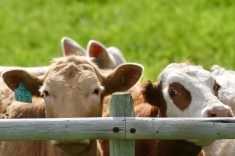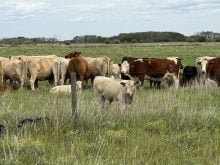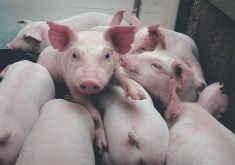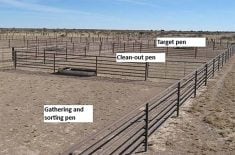Veterinarians at the Western College of Veterinary Medicine have received $60,000 from the college’s equine health research fund for four horse research projects.
The veterinarians will try to answer the questions: Do equine wound care products work? Can a hormone combination advance the breeding season in transitional mares? Do genetic factors contribute to the development of sepsis in foals? Can geo-referenced data help predict the risk of West Nile virus?
For the first project, researchers will evaluate the numerous creams, gels and lotions that claim to help heal wounds in horses, but offer little scientific proof.
Read Also
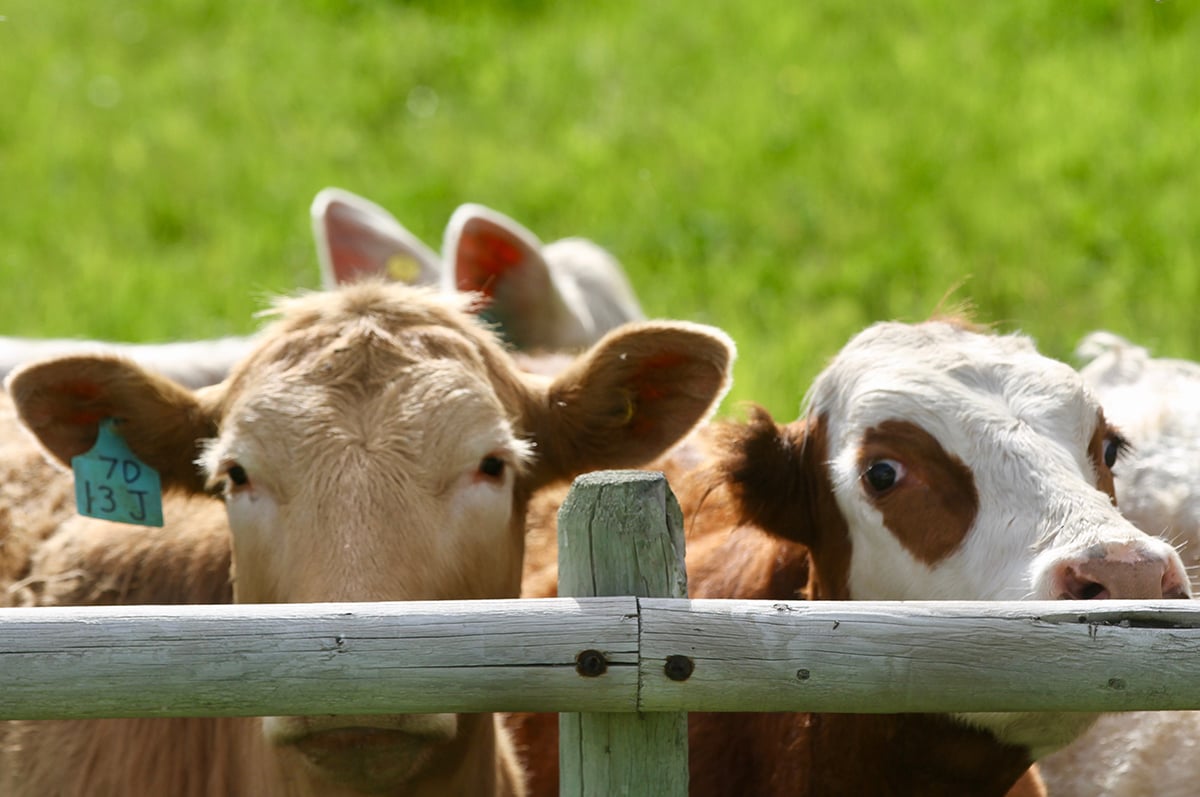
Feeder market consolidates at historic highs
For the week ending Sept. 6, Western Canadian feeder cattle markets were relatively unchanged compared to seven days earlier.
Researchers at the college, located in Saskatoon at the University of Saskatchewan, will study the products based on which has the most rapid healing, the least amount of swollen tissue around wounds and the most durable repair with least scarring.
Photos will be taken each week as the wounds heal and will be analyzed by software to evaluate the wound area.
The second project is designed to help owners of performance horses who want an earlier breeding season to complete embryo transfer work before race or show season. The natural breeding season for Western Canadian horses is in May. Breeders use long and costly light therapy to help achieve an earlier breeding season. Researchers will investigate the use of hormonal therapies to help breed outside the normal season.
The third project involves neonatal sepsis, a major cause of disease and death in foals. Scientists have identified many risk factors for sepsis, but not the potential role of genetic factors. Scientists will collect and study DNA samples and its role in sepsis and non-sepsis foals.
The fourth project focuses on West Nile virus. Horse owners have adopted costly vaccination programs and other methods of preventing infection. Researchers will study if the risk of the virus varies in different areas based on geographic data collected since 2003. They hope to predict the risk of infection in future seasons.


